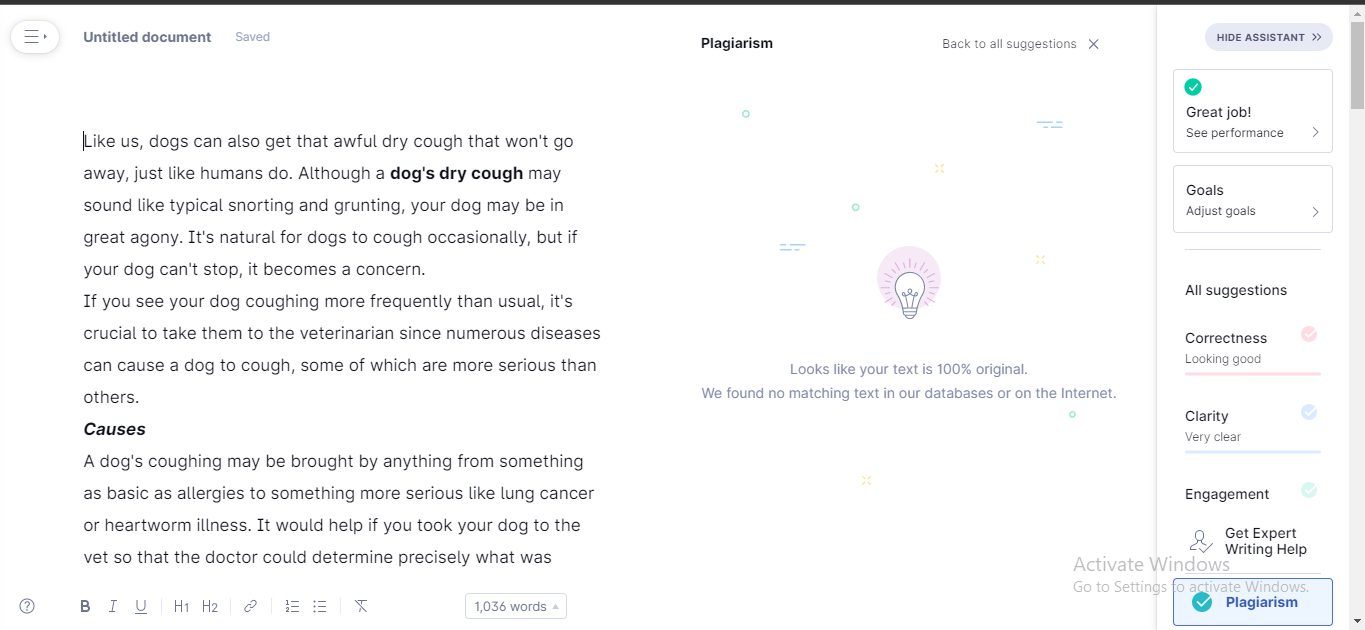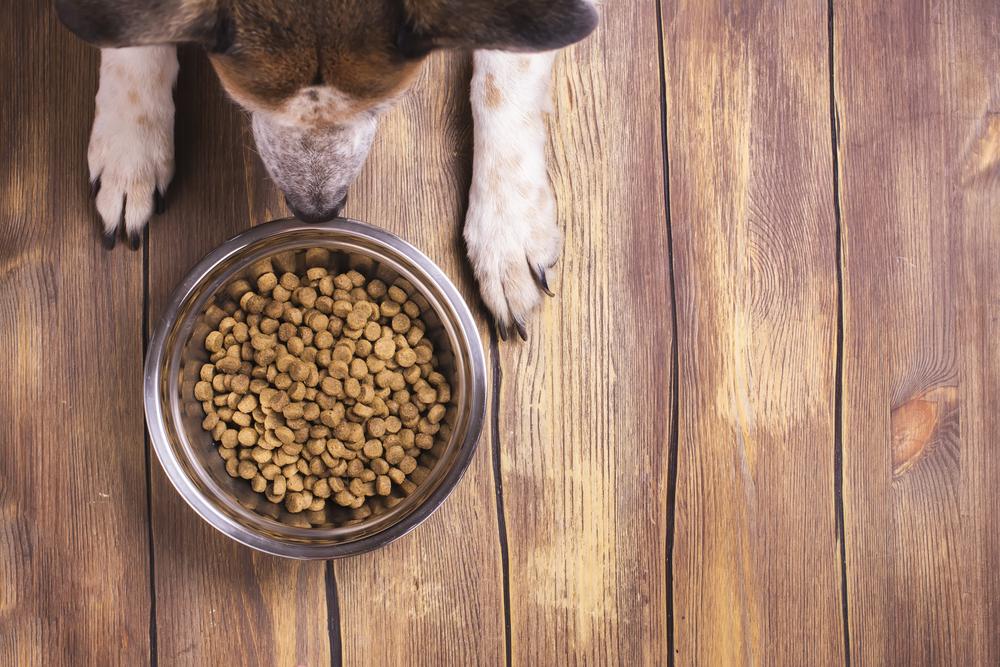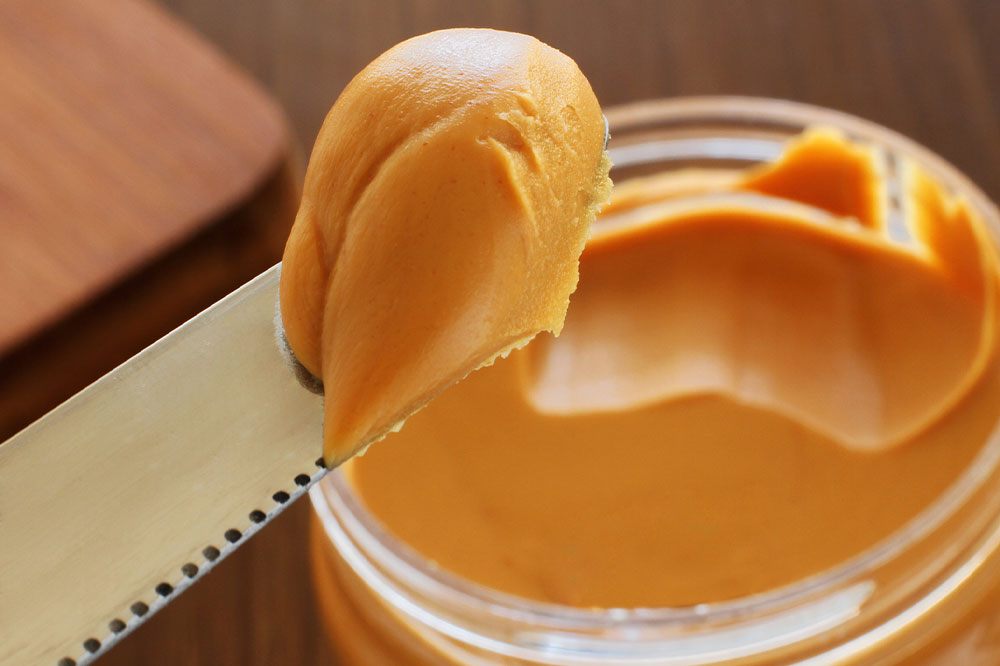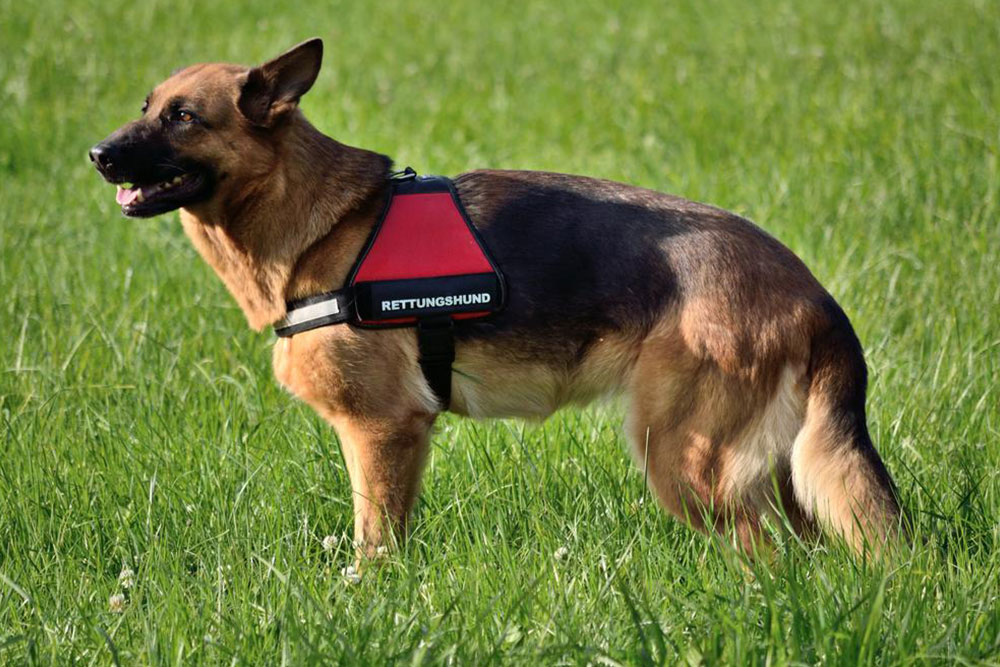Understanding and Treating Dog Dry Coughs: Causes and Solutions
This article explores common causes of dry coughs in dogs, including infections, allergies, and tracheal issues. It provides effective treatment options, from veterinarian-prescribed medication to natural remedies like honey and herbal syrups. Tips for prevention through vaccination and early diagnosis ensure your pet’s health. Understanding these causes helps pet owners act swiftly to alleviate discomfort and promote faster recovery. Whether mild or serious, prompt veterinary attention is key to managing dry coughs and maintaining your furry friend's well-being.
Sponsored

Just like humans, dogs can develop persistent dry coughs that may indicate underlying health issues. While occasional coughing can be normal, frequent or severe dry coughs require prompt veterinary attention. Recognizing the root cause is essential for effective treatment. Causes range from allergies to serious conditions such as lung infections or heartworm disease. Taking your pet to the vet ensures accurate diagnosis and proper care. Below are common reasons for dry coughing and ways to help your furry friend recover.
Common triggers for dog coughing
A dog’s dry cough could result from various factors, including common infections or environmental allergens.

Some typical causes include bacterial or viral illnesses like kennel cough, which is highly contagious among dogs. Foreign objects lodged in the airway, such as toys or food items ingested too quickly, can also trigger coughing. Allergens like pollen, dust, or smoke often lead to dry coughs, accompanied by sneezing or wheezing. Chronic conditions like tracheal collapse, especially in small breeds, cause persistent coughing and breathing difficulties. Heartworm infestation is another serious cause that requires immediate attention.
Depending on the cause, treatment options vary. Veterinarians may recommend cough suppressants, antibiotics, or steroids for allergies. For mild cases, natural remedies such as honey or herbal syrups can soothe the throat. Natural treatments include honey, coconut oil, wild cherry bark syrup, and immune-boosting supplements like Tossa K. While natural options can help alleviate symptoms, persistent or severe coughing should always be evaluated by a vet.
Recovery time depends on severity, with most dogs showing improvement within two weeks. If cough symptoms persist beyond ten days or worsen, consult your veterinarian promptly. Preventative measures like vaccination against common respiratory diseases can significantly reduce risk. Vaccines are available in various forms and should be administered regularly to keep your dog protected.








